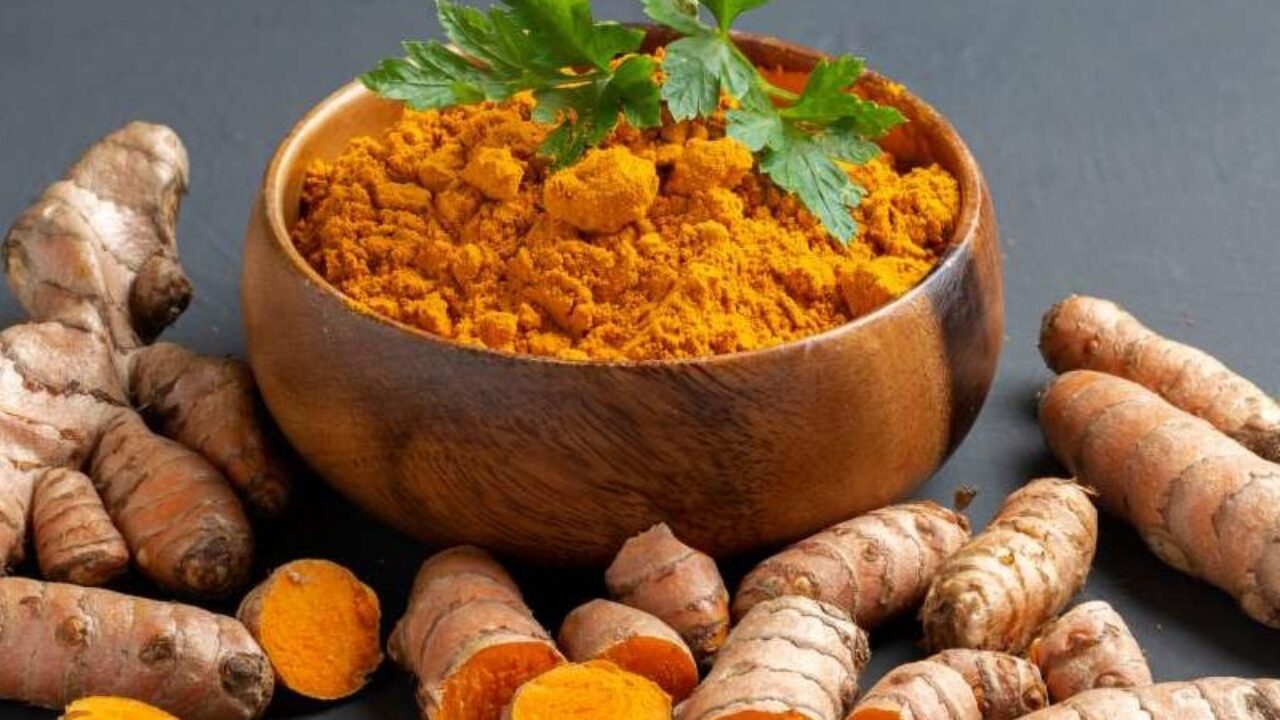Turmeric is a spice that has the potential to be the most powerful nutritional supplement available.
Turmeric has been found to provide considerable health benefits for both the body and the brain in multiple high-quality studies.
Many of these benefits are attributed to curcumin, the main active component.
Continue reading to learn more about the health benefits of turmeric and curcumin.
Before scientists had a more useful interpretation of neurons, they were considered to be unable to divide and multiply during early development. However, they now know that this is not the case. Neurons have the power to form new connections and to expand and grow in number in some parts of the brain.
One of the main drivers of this process is the brain-derived neurotrophic factor (BDNF). This gene contributes to the creation of a protein that aids in the longevity of neurons.
The BDNF protein is found in areas of the brain that regulate eating, drinking, and body weight, as well as memory and learning.
Reduced BDNF protein levels have been linked to a number of common brain disorders, including depression and Alzheimer’s disease. According to Healthline.
Curcumin has been proven to increase BDNF levels in the brain in animal studies.
Many brain illnesses and age-related decreases in brain function may be prevented or even reversed by doing so.
Nonetheless, because these studies were carried out on animals, it’s impossible to know what the results mean for humans.
It may also help with memory and concentration because of its effect on BDNF levels.
However, further research is needed to back this up.
The leading cause of death in the world is heart disease. Scientists have devoted decades to studying it and have learned a lot about why it happens. Heart disease is, predictably, complicated, and a number of variables contribute to its progression.
Curcumin has been shown to help in the reversal of several phases of the heart disease process.
Curcumin increases the function of the endothelium, which lines your blood vessels, which helps to prevent heart disease.
Cardiovascular disease is caused by endothelial dysfunction. This disorder occurs when your endothelium is unable to regulate blood pressure, blood clotting, and a range of other parameters.
Several studies have connected curcumin to better heart health. According to one research, it’s just as beneficial as an exercise for postmenopausal women.
As previously established, curcumin can help reduce inflammation and oxidation, both of which can contribute to heart disease.
In one trial, 121 people who were having coronary artery bypass surgery were given either a placebo or 4 grams of curcumin per day for a few days before and after the surgery.
In the hospital, the curcumin group had a 65 percent lower risk of having a heart attack.
Also Read: Interesting benefits! Check out why turmeric holds a prime spot in Indian weddings

